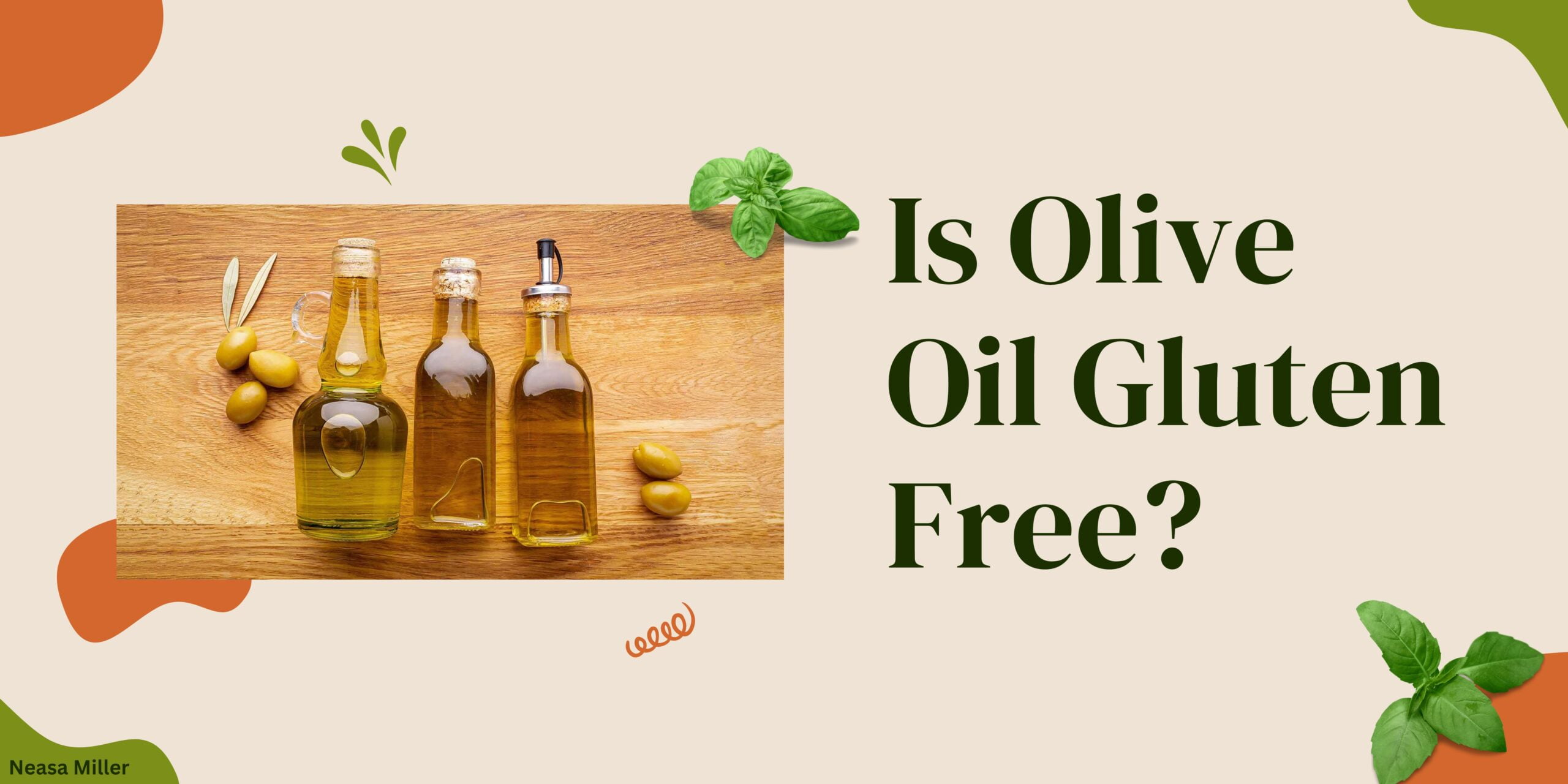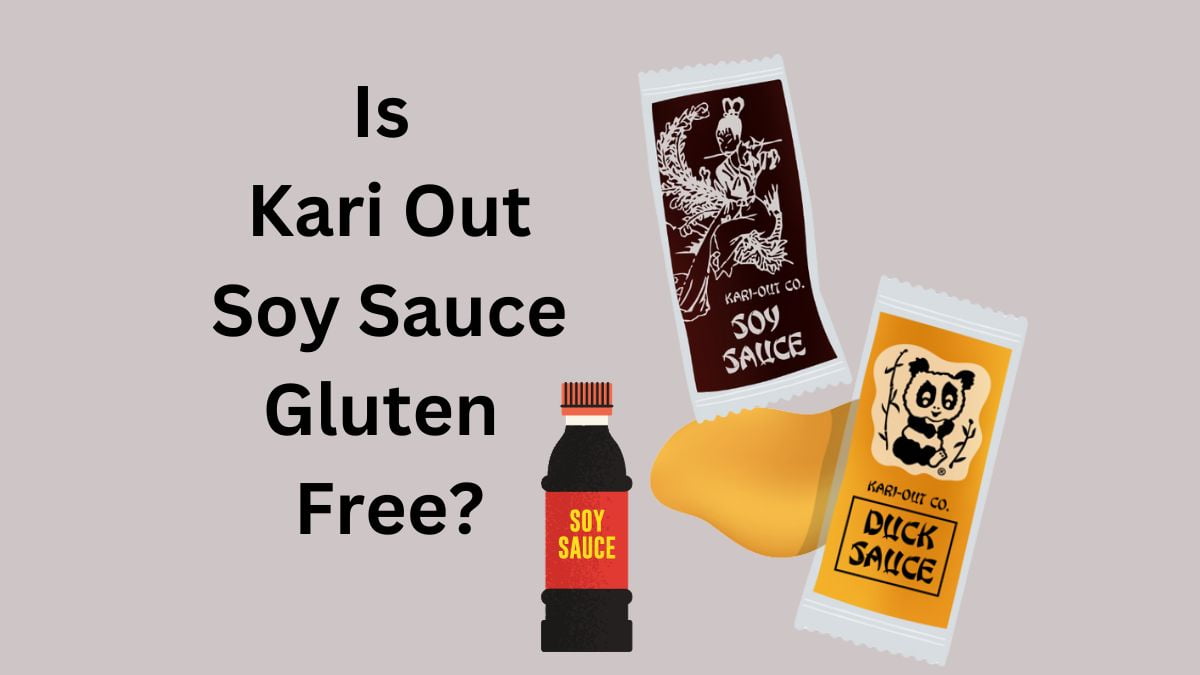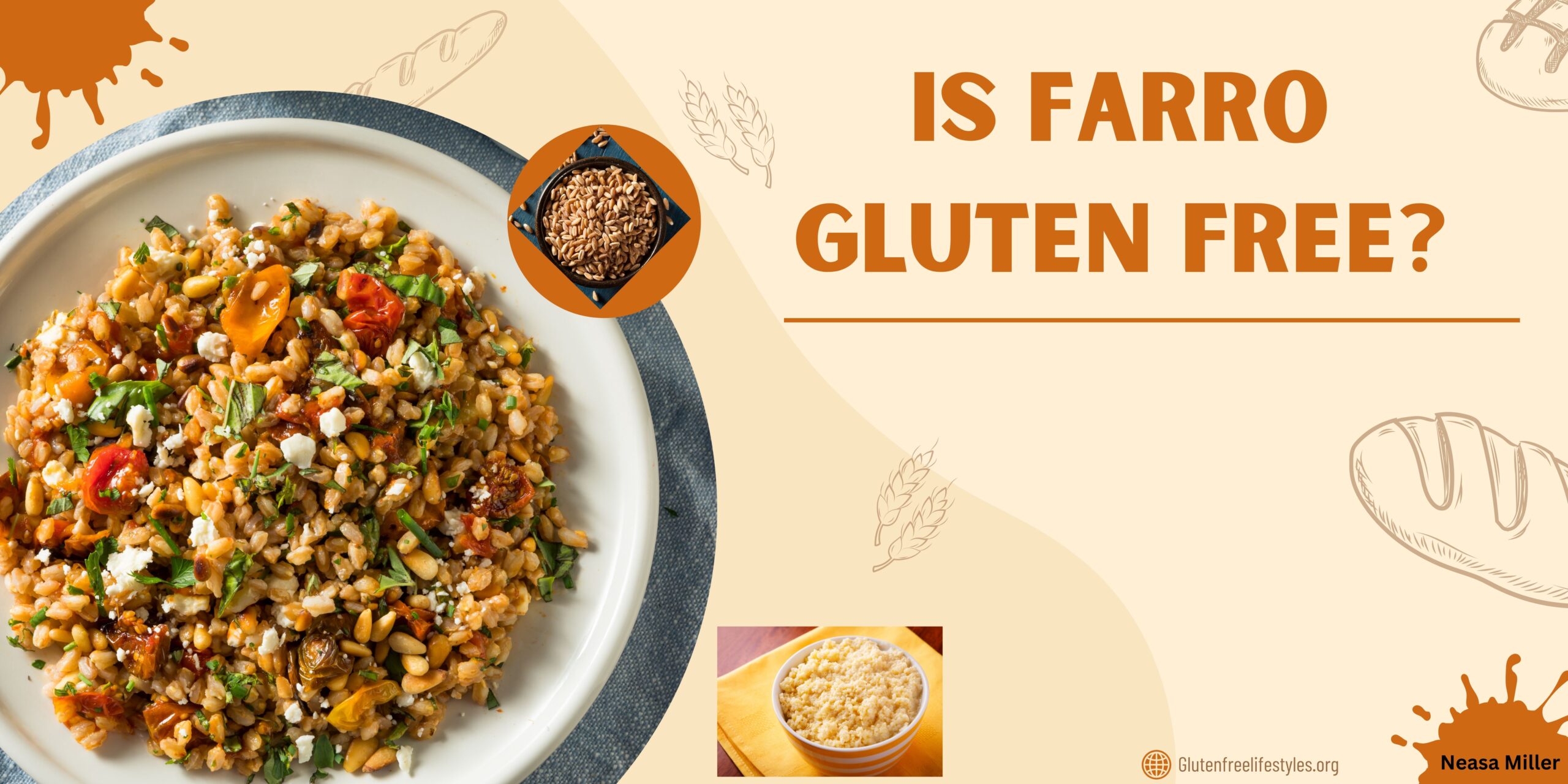Yes, you can confidently use olive oil on a gluten-free diet. Olive oil, extracted from olives, is naturally free from gluten, which is a protein found in wheat, barley, and rye. Gluten-free status of olive oil and provides insights into choosing the right products for your dietary needs.
Understanding Gluten and Olive Oil
Olive oil is naturally gluten-free because it’s made from pressed olives, which do not contain gluten. Gluten is a protein found in wheat, barley, rye, and some other grains. As olive oil is derived from a fruit and not a grain, it’s inherently free from gluten.
However, it’s essential to understand that while pure olive oil is gluten-free, there are a few considerations to keep in mind:
- Cross-contamination: In rare cases, olive oil may be processed in facilities that also handle gluten-containing products.
- Flavored olive oils: Some flavored varieties might contain gluten-based additives.
- Cooking practices: Using the same utensils or cookware for gluten-containing foods and olive oil can lead to cross-contamination.
Health Benefits of Olive Oil in a Gluten-Free Diet
Incorporating olive oil into your gluten-free diet can offer numerous health benefits:
- Heart health: Rich in monounsaturated fats, olive oil can help reduce the risk of heart disease.
- Anti-inflammatory properties: The antioxidants in olive oil may help reduce inflammation in the body.
- Digestive health: Olive oil can aid in digestion, which is particularly beneficial for those with gluten sensitivities.
- Nutrient absorption: It can help your body absorb fat-soluble vitamins and nutrients more effectively.
- Weight management: When used in moderation, olive oil can be part of a healthy, balanced diet for weight control.
Choosing Safe Olive Oil for a Gluten-Free Lifestyle
To ensure you’re selecting a gluten-free olive oil:
- Read labels carefully: Look for “gluten-free” certifications or statements on the packaging.
- Choose pure, single-ingredient olive oils: Extra virgin olive oil is the least processed and least likely to contain additives.
- Research brands: Some companies specialize in gluten-free products and may offer additional assurances.
- Avoid flavored varieties unless explicitly labeled gluten-free: Flavored oils may contain gluten-based additives or flavorings.
- Contact manufacturers: If in doubt, reach out to the company directly for information about their processing methods and potential cross-contamination risks.
Incorporating Olive Oil in Gluten-Free Cooking

Olive oil is a versatile ingredient that can enhance your gluten-free cooking:
- Salad dressings: Create homemade, gluten-free dressings with olive oil as a base.
- Cooking oil: Use it for sautéing, frying, or roasting gluten-free vegetables and meats.
- Baking: Substitute olive oil for butter in some gluten-free baking recipes for a healthier twist.
- Marinades: Develop flavorful, gluten-free marinades for meats and vegetables.
- Dipping: Serve high-quality extra virgin olive oil as a gluten-free bread dip with herbs and spices.
When cooking with olive oil, remember to avoid cross-contamination by using separate utensils and cookware for gluten-free and gluten-containing foods.
In conclusion, olive oil is a naturally gluten-free product that can be safely enjoyed by those following a gluten-free diet. Its numerous health benefits and culinary versatility make it an excellent addition to gluten-free cooking. By choosing pure, high-quality olive oils and being mindful of potential cross-contamination, you can confidently incorporate this heart-healthy oil into your gluten-free lifestyle. Always consult with a healthcare professional or registered dietitian for personalized advice on managing a gluten-free diet.
FAQs.
No, it’s not safe. Even trace amounts of gluten from previous storage can cause a reaction in celiac patients.
Yes, all pure olive oil grades are naturally gluten-free. However, always check labels for additives in light or flavored varieties.
It’s possible. Some lower quality oils might be adulterated with other substances. Stick to reputable brands and certified gluten-free options to be safe.
It’s generally safe, but cross-contamination can occur in kitchens. If you’re highly sensitive, bringing your oil or asking about their practices is advisable.
While unlikely, it’s theoretically possible if the olive groves are near wheat fields. Opt for brands that specify their gluten-free status for peace of mind.



